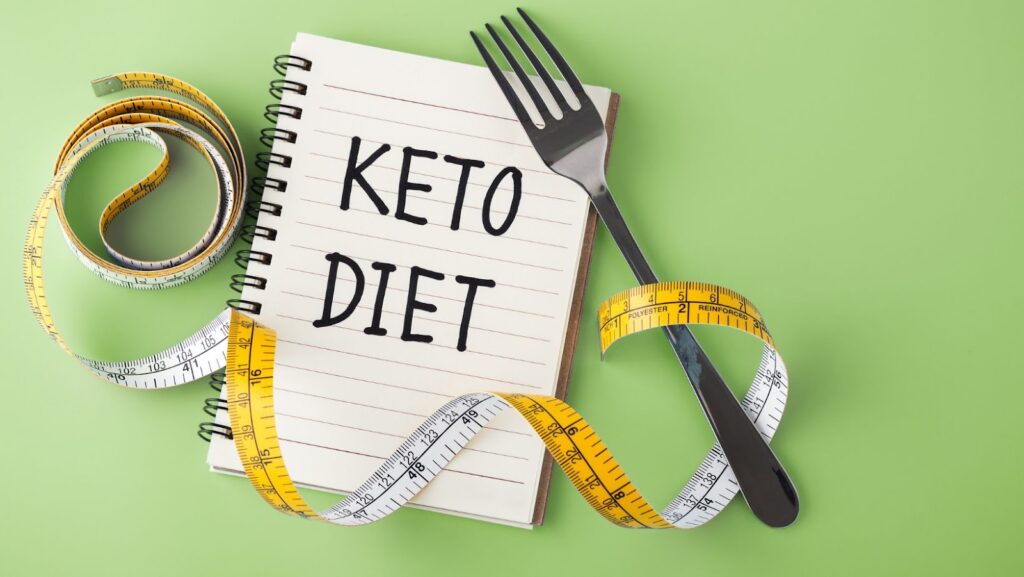
If you’re like me, you’re always looking for new and interesting recipes to try. But with so many different diets out there, it can be hard to find something that fits your needs. That’s why I was excited to stumble upon this collection of keto-friendly recipes. Whether you’re strictly following the keto diet or just looking for some good, healthy options, these recipes are sure to please. So go ahead and give them a try – your taste buds will thank you!
What is Keto?
The keto diet is a low carb, high fat diet that has been shown to have many health benefits. It is a very effective way to lose weight and improve your overall health. The keto diet is based on a principle called “ketosis.” Ketosis is a natural metabolic state in which your body burns fat for fuel, instead of carbohydrates. This process can lead to some pretty impressive health benefits.
What can you eat on Keto?
On a keto diet, you can eat healthy fats like avocados, butter, ghee, and olive oil. You can also eat fatty cuts of meat like bacon, pork chops, and steak. In addition to those foods, you can eat plenty of fish, shellfish, eggs, and non-starchy vegetables.
Keto-friendly recipes
The ketogenic diet is a high-fat, adequate-protein, low-carbohydrate diet that in medicine is used primarily to treat difficult-to-control (refractory) epilepsy in children. The diet forces the body to burn fats rather than carbohydrates. Normally, the carbohydrates contained in food are converted into glucose, which is then transported around the body and is particularly important in fueling brain function. However, if little carbohydrate remains in the diet, the liver converts fat into fatty acids and ketone bodies. The ketone bodies pass into the brain and replace glucose as an energy source. An elevated level of ketone bodies in the blood, a condition called ketosis, leads to a reduction in the frequency of epileptic seizures.[1] Almost half of children and young people with epilepsy who have tried some form of this diet saw the number of seizures drop by at least half, and the effect persists even after discontinuing the diet.[2] There is some evidence that adults with epilepsy may benefit from the diet,[1] but it may not be suitable for other people such as those with diabetes, pregnant women, or breast-feeding women.
Can you have corn on keto
The ketogenic diet is a high-fat, moderate-protein, low-carbohydrate diet that has been trending in recent years. Some people follow a keto diet in an effort to lose weight, while others do it for medical reasons.
While a keto diet controversial and not without its risks, many people find it to be an effective way of eating. One of the benefits of following a keto diet is that it can be very customizable. You can tailor your food choices to fit your individual needs and preferences.
One common question people have about the keto diet is whether or not they can eat corn. After all, corn is a high-carbohydrate food that is often avoided on this type of diet.
The good news is that you can eat corn on a keto diet, but you’ll need to be careful about how much you eat and what else you include in your meals. When used in moderation, corn can be a healthy and delicious part of your keto journey.
Keto and weight loss
It is no secret that many people who go on the keto diet do so in order to lose weight. And, while there are many other benefits to following a ketogenic lifestyle, weight loss is often the primary goal. But, just how effective is the keto diet for weight loss?
Anecdotally,Success stories abound of people who have lost significant amounts of weight by following a keto diet. However, there is also scientific evidence to support the use of keto for weight loss. One study showed that participants who followed a keto diet lost an average of 2.2 pounds more than those who followed a low-fat diet over the course of eight weeks.
Another study found that those who followed a Mediterranean-style keto diet — which includes healthy fats like olive oil as well as smaller amounts of lean proteins and carbs — lost more weight than those following a traditional low-fat diet.
So, while there is scientific evidence to support the use of keto for weight loss, it is important to remember that everyone is different and results will vary from person to person. If you are considering going on the keto diet for weight loss purposes, be sure to speak with your doctor first to discuss whether it is right for you.










